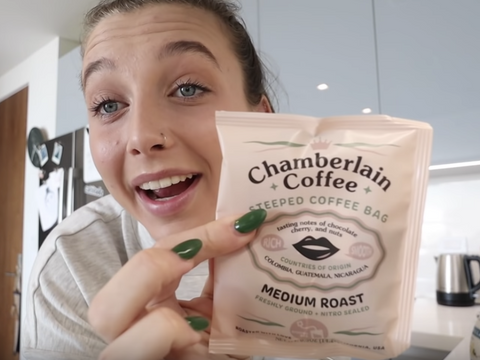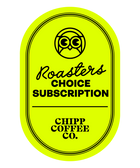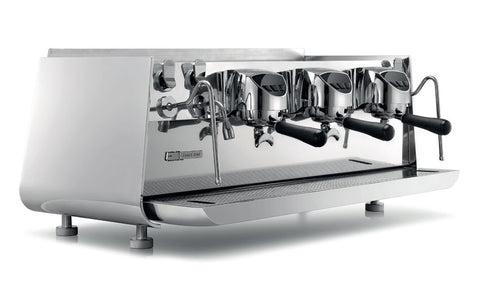
Emma Chamberlain has more than a slight obsession with coffee. One of her fans noticed in 2019 that an Instagram account had been created for a business called Chamberlain Coffee, so it didn’t take long for people to connect the dots.
The account launched with three promotional posts, saying that news was coming soon.
During the launch, it was noted that Chamberlain Coffee’s social media only followed two accounts: Emma’s and Bixby Roasting Coffee.
The company’s website even said in the footer that it was “Powered by Bixby Coffee.” That indicates the cult gourmet coffee brand from Los Angeles had an important role in the product formation of Chamberlain’s company.
Taking the white label approach to coffee can be a fantastic way to start or grow a business, increase product availability, or cater to specialty needs.
Is White Label Better Than Private Label?
You’ll find three primary ways to obtain coffee in today’s market as a consumer. You can work with brands that source, roast, and deliver the entire supply chain, white label providers, or private label products.
White and private label coffee are often used as interchangeable terms, but they are two different products.
Coffee distributed with the white label format is manufactured by a contractor through a third-party provider. It’s then sold under a brand name, but the retailer gets to specify the label’s details for the customer.
A white label product cannot be altered at the retail level. If you purchase private label coffee, the buyer can approach the manufacturer with a list of demands. Grocery stores often take this approach by requesting specific roasting profiles or blends based on known consumer preferences.
That means white label coffee lets customers decide what they want to drink. A private label product takes some of that choice away.
Is White Label Coffee the Right Choice for Your Business?
Chamberlain Coffee raised $7 million in funding in 2022 with the help of several notable e-commerce figures and venture capitalists. CEO Chris Gallant says the money is being used to continue growing their retail presence while developing additional product lines.
People might be used to going to the grocery store to buy mass-produced coffee to start their day. Some go to speciality roasters or pay hundreds per month to have a local shop serve them. The direct-to-consumer approach is better, especially with the support of a white label producer behind your brand.
When you choose white label coffee for your business, you can position your brand in whatever way makes sense for your audience. Emma Chamberlain has helped guide her startup to become the first coffee brand designed for the Gen Z audience.
Most coffee startups don’t have millions of followers or subscribers that help launch a new idea. The white label approach allows you to control order quantities while establishing yourself within the industry as a key provider and expert.
If you’re considering starting or expanding a business venture and love coffee, think about using the white label approach. The results could go beyond your wildest expectations.
Thinking about your own White Label coffee?
Get in touch here!









